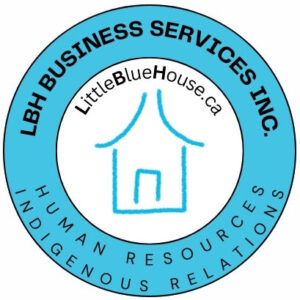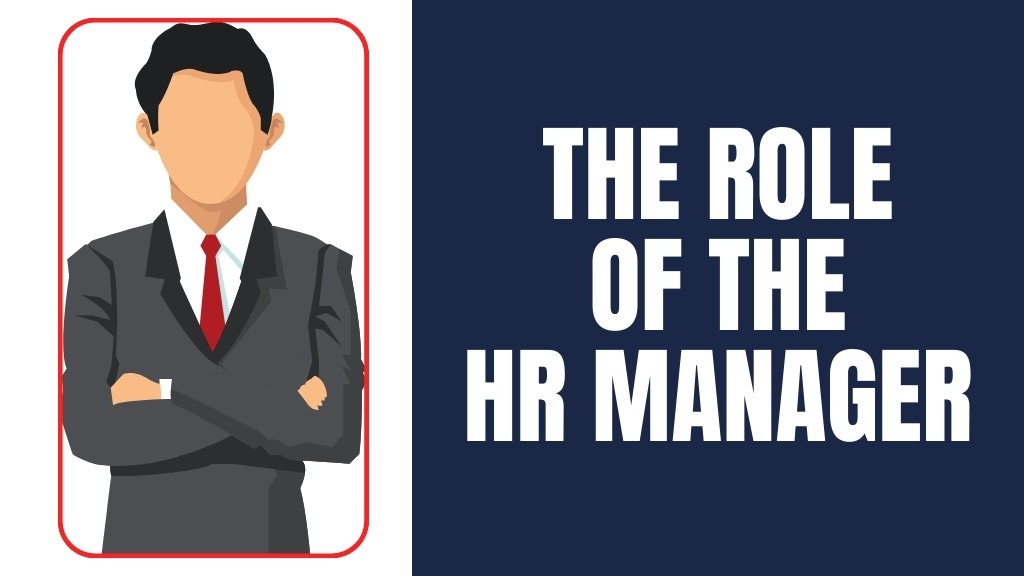This blog article conforms to our Editorial Policy and contains links to paid referral affiliates.
This article is part of a series related to my previous article, “What is the Role of Human Resources?“
The role of the HR Manager is to be a member of and advise the C-level team (CEO, CFO, COO, etc.), manage the HR department, and create or update high-level HR policies.
Other Titles
Other titles for the HR Manager role may include:
- Director of Human Resources,
- Chief Human Resources Officer (CHRO),
- Vice President of Human Resources,
- Head of People Operations,
- Human Capital Manager,
- Talent Management Director,
- Organizational Development Director,
- HR Business Partner Director,
- People and Culture Director, and
- Employee Experience Director.
These titles may vary depending on the organization’s structure, industry, and specific responsibilities of the role.
Small Organizations
Smaller organizations should only use the title of Manager for roles if needed. A manager is a step above the organization’s daily work, and they start managing the people, not the work. A manager should spend most of their time managing people.
In most areas, a manager no longer qualifies for overtime because the nature of the work has changed to managing people. This might seem reasonable, but you must pay more for this role. A manager gets paid for expected overtime as part of their regular pay.
As an owner, you should only hire or promote an employee to a manager when managing that one unit or department is too much to handle by yourself. Managers do not directly contribute to productivity or revenue; they run a unit or department full of frontline employees that contribute to productivity or revenue.
Promotions and Training
Only give promotions after the employee has taken some mandatory manager training. This can be internal or external training, but it needs to get done. As mentioned above, being a manager is a change of work independent of being an expert in the daily work. A manager manages people rather than work.
Management training will help you weed out the people looking to become managers just for a pay increase. Some employees want to become managers to get a pay increase. Still, there are different reasons for becoming a manager than getting a pay increase.
It may be better to give pay increases to your frontline employees. This will keep employees in a role they excel at!
You will lose productivity or revenue if your best employee is promoted to manager. Ensure you have a strong team before removing one from daily work.
Drain On the Organization
Managers are a financial drain on organizations. Small organizations should implement some creative tactics to delay hiring managers. Try to keep your organization’s management structure as flat as possible.
Consider team leads or supervisors before going straight to managers. A team lead or supervisor can help organize the team’s work and take on a few manager-related tasks. These two roles still have up to 75% of the daily work they have to do and only 25% of management-related work.
C-Level Team Member
The HR Manager needs to know the organization’s strategic and operational plans. Knowing the plans allows the HR Manager to give proper advice and prepare for future staffing changes and needs.
The HR Manager needs to be a member of the C-level team, so they have the authority to challenge the other C-level team members. An HR Manager subservient to the C-level team cannot effectively direct the organization’s people needs.
Manage the HR Department
The HR Manager is the manager of their department. An HR department may have multiple recruiters, advisors, analysts, assistants, supervisors, or team leads. An HR Manager should only do the daily frontline work the HR Advisors do if a situation has escalated.
You should have about one HR department staff member for every 75 employees or 1.4 per 100 employees. Divide the number of employees you have by 100, and then multiply that number by 1.4. You will get an estimate of how many HR department staff members you should have.
If you have 10,000 employees, you will need 140 HR department staff members.
10,000 / 100 = 100 x 1.4 = 140
If you have 100 employees, you will need 1.4 HR department staff members.
100 / 100 = 1 x 1.4 = 1.4
Depending on your organization, you may need fewer or more HR department staff members. For example, you may need more recruiters if your work is seasonal.
HR Policies
The HR Manager must create the top-level policies using the organization’s vision, mission, values, strategic plan, and operations plan. If policies are already in place, the HR Manager must keep them updated according to legislative and organizational changes. The C-level team will approve these high-level policies.
After the high-level policies are approved, the HR Manager must get support from the rest of the organization on how the day-to-day or operational policies will be created.
HR Policy Example One:
High-Level: Employees of XYZ Corp can work a hybrid schedule.
Operational: Employees of XYZ Corp must work one day per week at the office.
HR Policy Example Two:
High-Level: XYZ Corp believes in a safe work environment.
Operational: Any XYZ Corp employee found racist or biased towards co-workers or clients will have their employment terminated.
What’s Next?
If you still need a proper job description for your HR Manager role, you must create one. You can have your current HR Manager write a draft version; if you don’t have an HR Manager yet, you can create the draft. Send this draft to an external HR Consultant to review and write the final version.
One of the first books I read as I learned to be a manager was “The One Minute Manager” by Ken Blanchard and Spencer Johnson. The updated version on Amazon is “The New One Minute Manager” (Paid Link).
For human resources support in Canada, click here to book a free HR needs assessment now. If you’re on a budget, consider joining my Patreon to ask unlimited HR questions. If you need HR advice sooner, book a consultation via Fiverr here.
HR questions. If you need HR advice sooner, book a consultation via Fiverr here.



